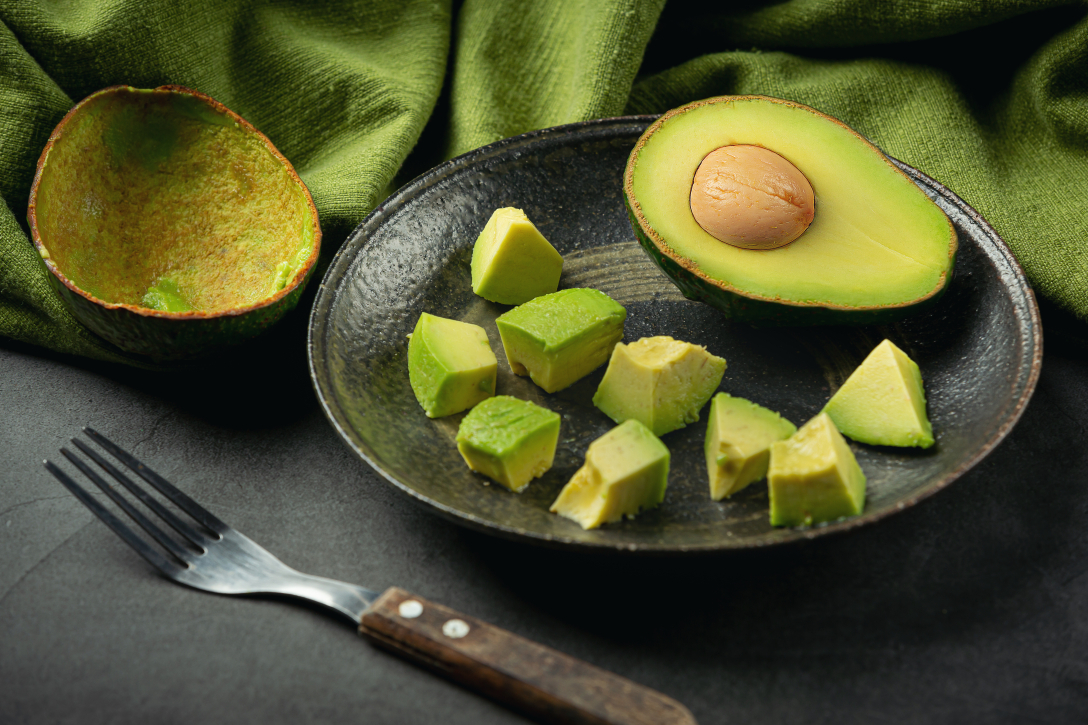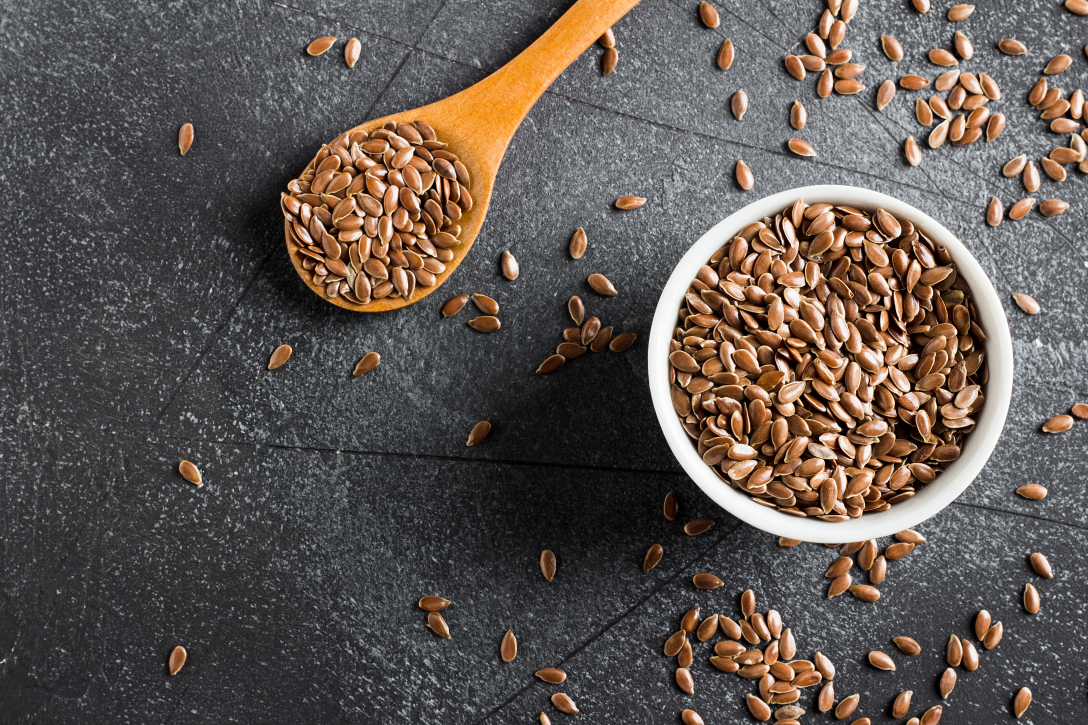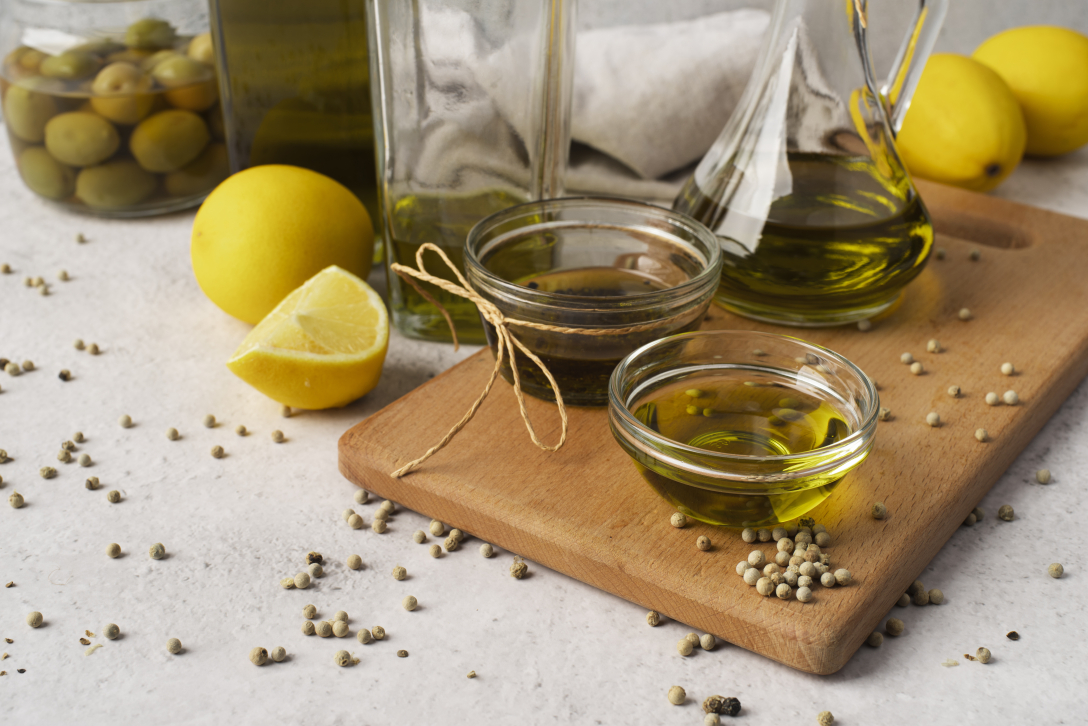Жирі часто мають погану репутацію, особливо коли трендом стали низькожирові дієти та знежирені продукти. Багато хто вірив, що від жиру набирається вага, що причиною до ожиріння та проблем із серцем. Однак насправді жири є необхідними для нормального функціонування. Важливо лише вибирати правильні типи жирів, які не тільки не шкідливі, а й корисні для здоров’я.
Жири є важливим макроелементом, а це означає, що організм потребує їх у великих кількостях. Вони беруть участь у безлічі функцій, включно з накопиченням енергії, насиченням, засвоєнням поживних речовин і виробленням гормонів. Головне — це віддавати перевагу корисним жирам, які природним чином містяться в багатьох продуктах харчування. Дієтологи пояснюють різницю між корисними та нездоровими жирами, а також про те, як додати корисні жири до свого раціону. Про це пише Real Simple.
“Корисні жири” — це ненасичені жири. Сюди входять мононенасичені жири і поліненасичені жири, такі як омега-3 і омега-6 жирні кислоти. Ці жири вважаються “корисними”, тому що вони знижують рівень ЛПНЩ (“поганого”) холестерину в крові, тим самим знижуючи ризик серцевих захворювань, за даними Американської кардіологічної асоціації. Вони також мають протизапальні властивості, що означає, що вони знижують запалення, основний фактор хронічних захворювань. Ненасичені жири можуть навіть контролювати рівень цукру в крові, що є ключем до профілактики та лікування діабету. Насичені жири мають протилежний ефект, оскільки вони підвищують рівень холестерину та запалення, тому варто зосередитися на здорових ненасичених жирах. На щастя, існує безліч смачних джерел корисних жирів, багато з яких також містять вітаміни, мінерали та клітковину.
Авокадо
Цей фрукт (так, це фрукт) настільки багатий на корисні жири, що це пов’язано з більш низьким рівнем холестерину ЛПНЩ. Авокадо також містить велику кількість клітковини, яка ще більше сприяє більш здоровому рівню холестерину. Ви можете додати нарізаний кубиками авокадо в салат або намазати на хліб для класичного тосту з авокадо.
Горіхи
Щоб отримати щедру дозу корисних жирів, перекусіть жменею горіхів. За словами дієтолога Джоанни Салазар, волоські горіхи є чудовим джерелом корисних жирів. Горіхи також багаті білком, що насичує, і корисною для кишечника клітковиною, що робить їх одним із найкорисніших продуктів, які ви можете їсти. Вони універсальні, так їх можна додати в йогурт або вівсянку. Горіхи також добре підходять для салатів і страв із рису, де вони додадуть смачного хрускоту.
Лляне насіння
“Насіння льону багате на поліненасичені жири, зокрема омега-3 жирні кислоти”, — ділиться дієтологиня Крістен Карлі. Крім того, воно рясніє білком і клітковиною, двома поживними речовинами, що збільшують ситість і зменшують відчуття голоду. Якщо ви не знаєте, як їсти лляне насіння, спробуйте “додавати його в смузі, вівсянку чи млинці або посипати ним салати, йогурт чи тости”, — радить Карлі. Ви навіть можете змішати лляне насіння з панірувальними сухарями і горіхами, щоб зробити хрустку глазур для запеченої курки, риби або тофу.
Насіння чіа
Ще одним джерелом корисних жирів є насіння чіа, яке в основному складається з поліненасичених жирів, зазначає Салазар. У ньому особливо багато омега-3 жирів, хоча воно також містить необхідні мінерали, як-от кальцій, магній і селен, ділиться дієтологиня Конні Елік. Щоб їсти більше насіння чіа, додавайте його до смузі, граноли, соусів чи випічки, як-от хліб і печиво, радить Салазар.
Устриці
За словами Карлі, устриці багаті на омега-3 жирні кислоти, різновид поліненасичених жирів. Вони також містять цинк, що підвищує імунітет, білок, що насичує, та антиоксиданти, які борються з хворобами. Незалежно від того, чи віддаєте перевагу ви устрицям у сирому вигляді, на грилі, на парі, смаженим або запеченим, ці молюски стануть чудовою закускою або основною стравою.
Оливкова олія
“Оливкова олія в основному складається з мононенасичених жирів”, — каже Салазар. Крім того, оливкова олія багата на антиоксиданти, які допомагають організму боротися з окислювальним стресом. “Крім використання оливкової олії для приготування їжі, спробуйте додати її в салат або хумус”, — радить Салазар. “Ви також можете подавати її з хлібом, додавати в соуси і [використовувати як] маринад”, — додає вона.
Жирна риба
Як випливає з назви, жирна риба містить багато корисних жирів. Це лосось, тунець і сардини. Вони є зірковими джерелами омега-3 жирних кислот, а також білка, вітаміну D, цинку, заліза і калію. За словами Елік, щоб отримати максимальну користь, намагайтеся їсти дві порції жирної риби на тиждень.





